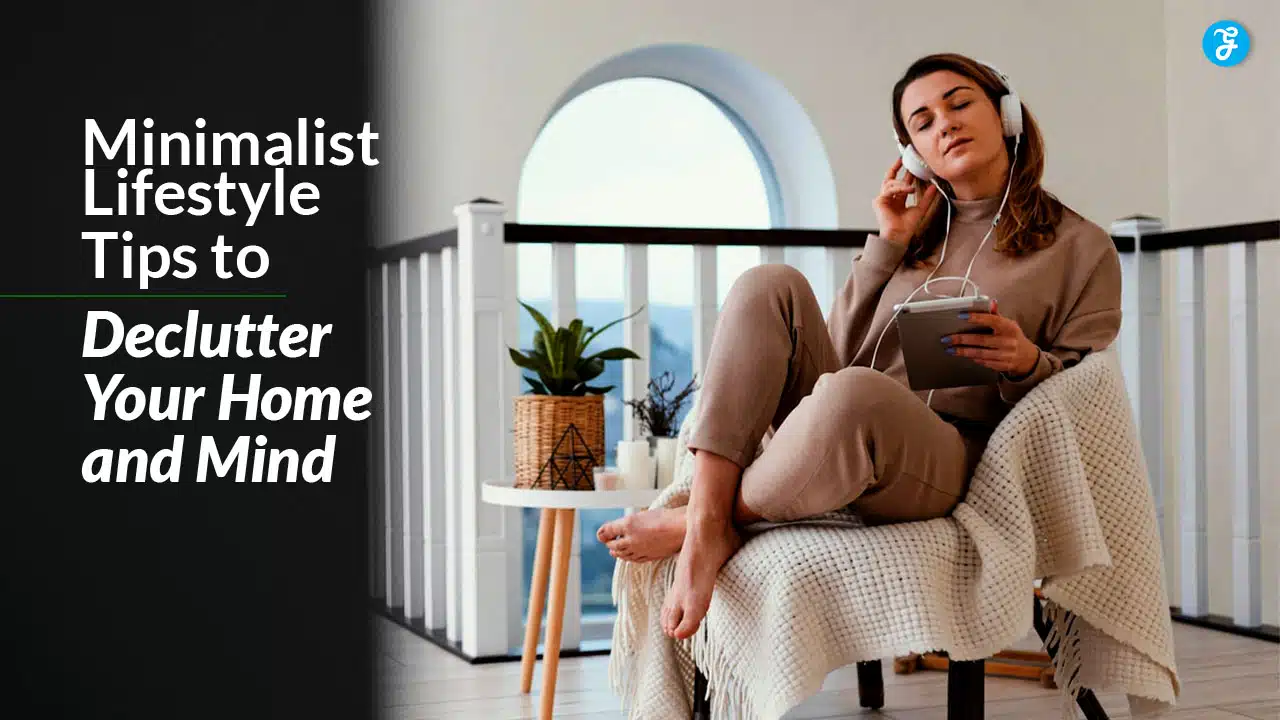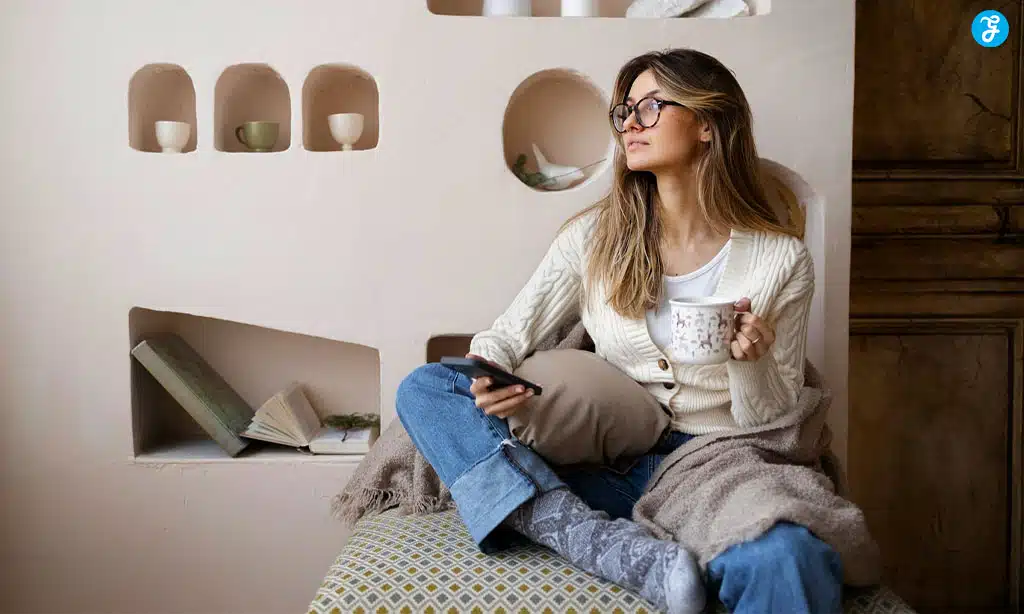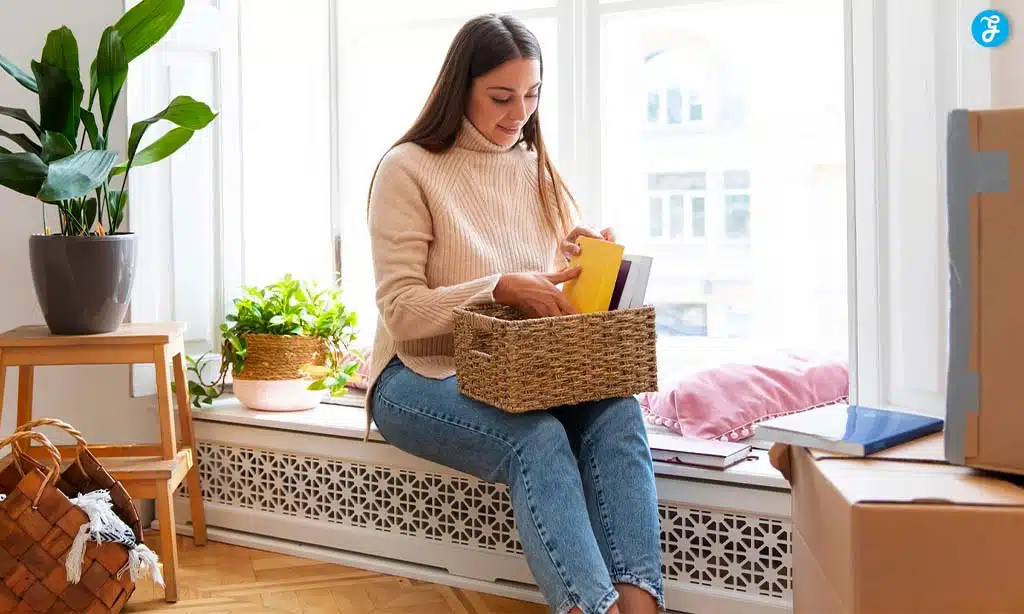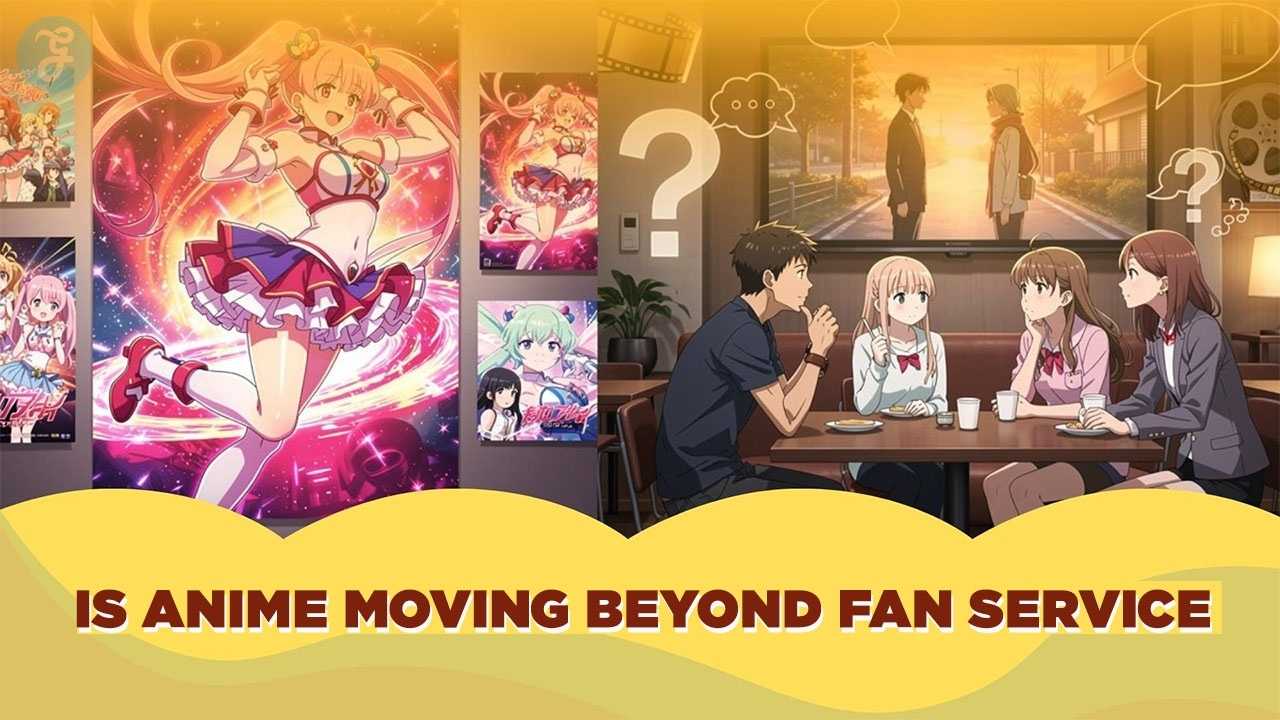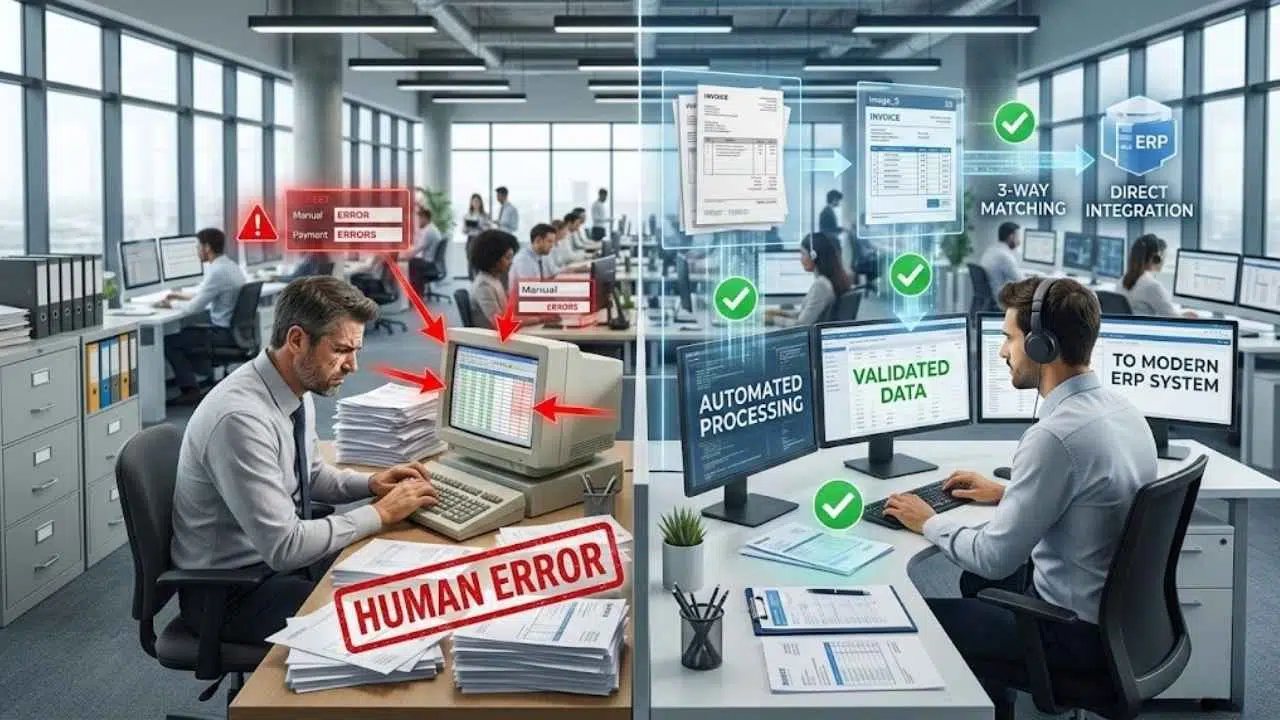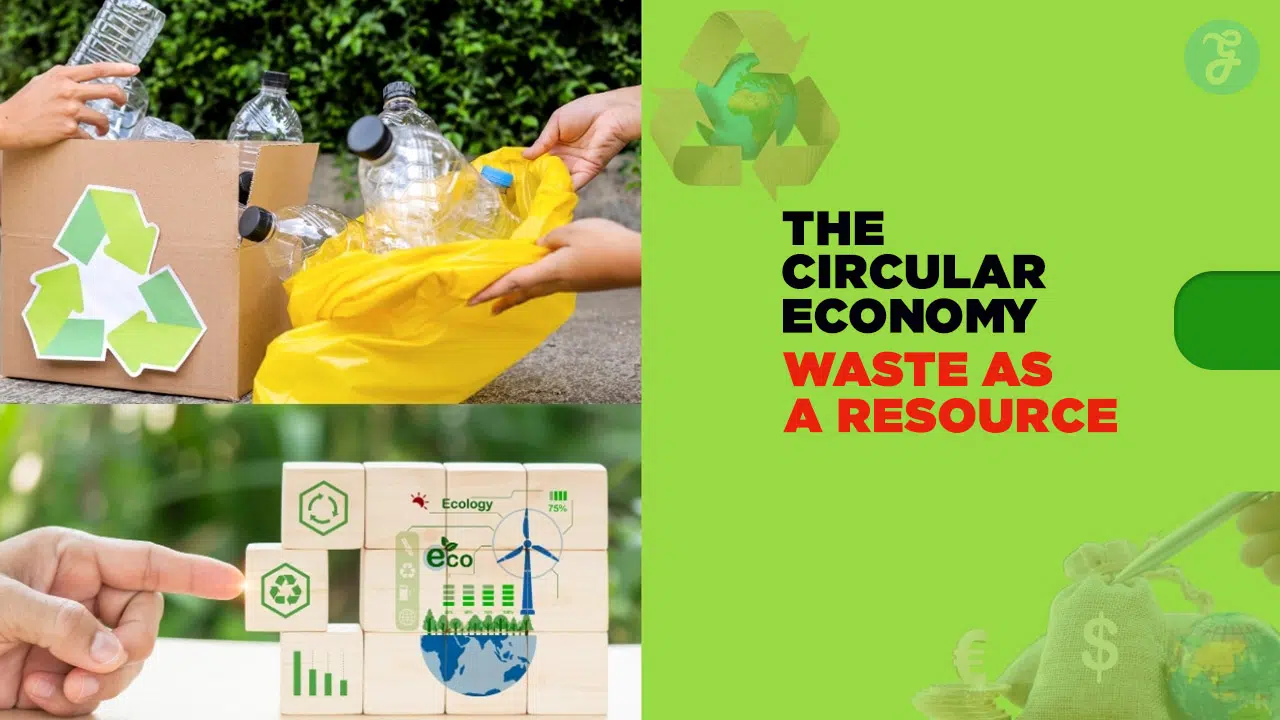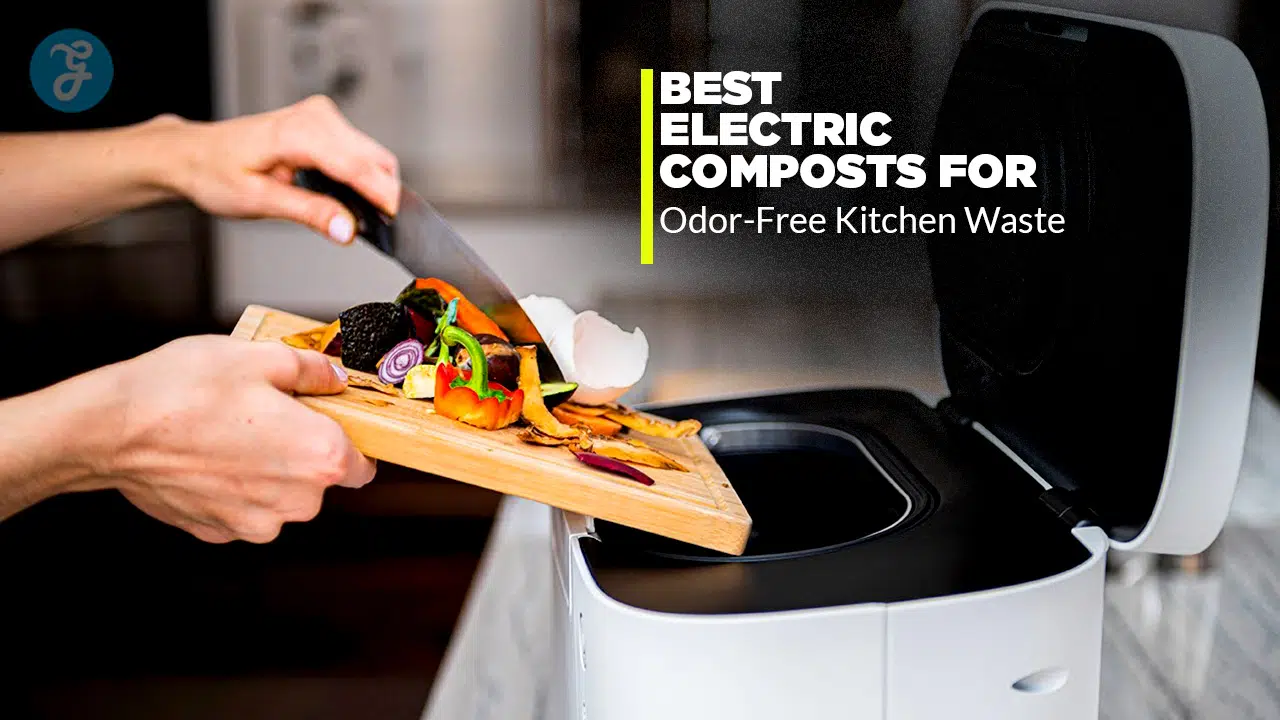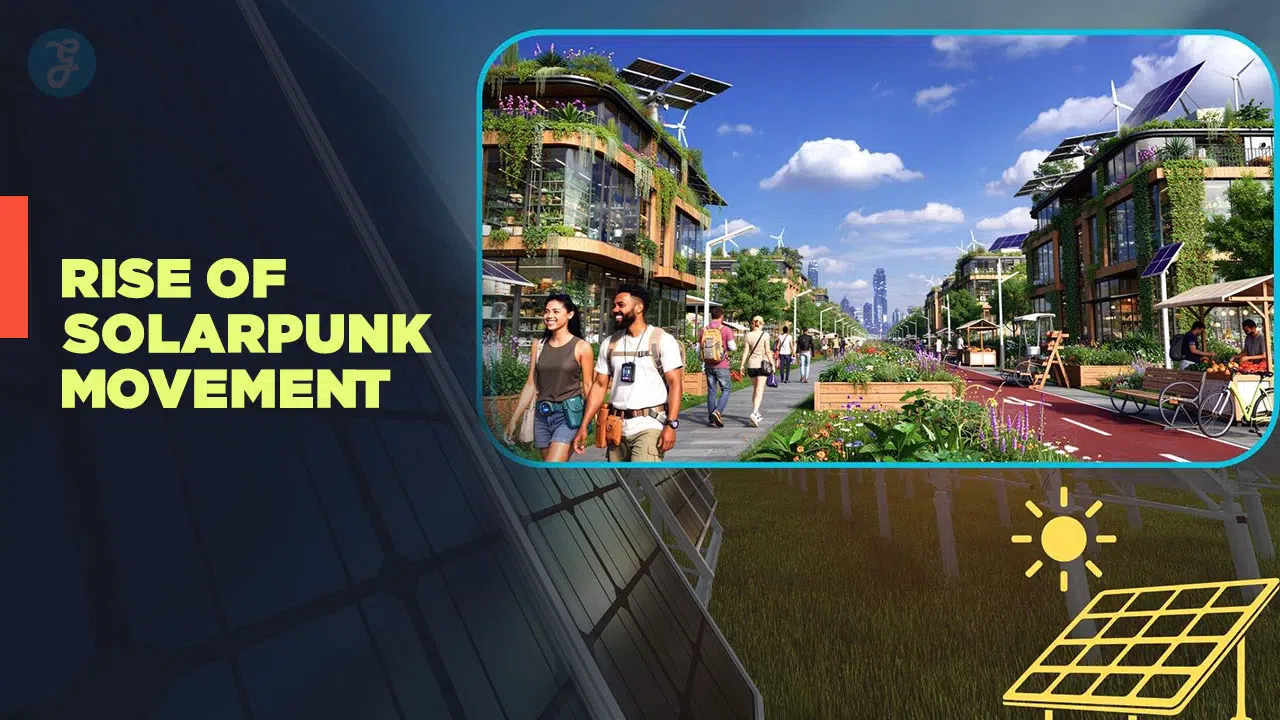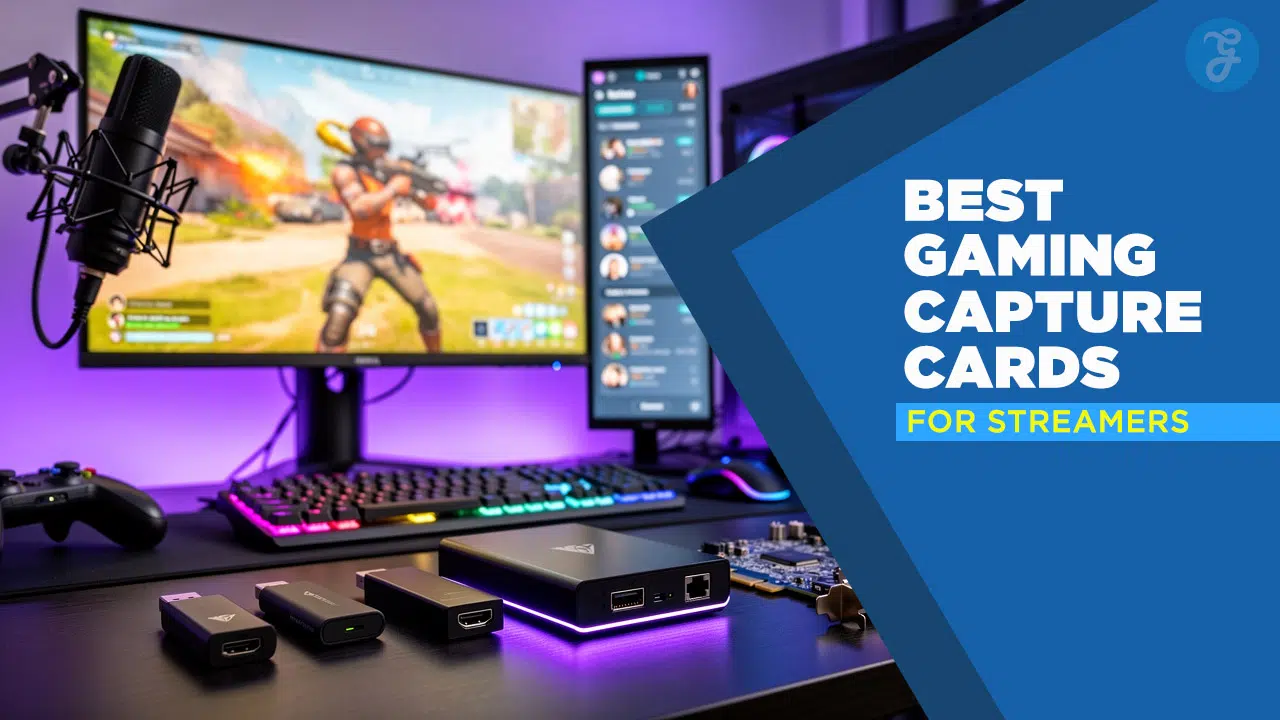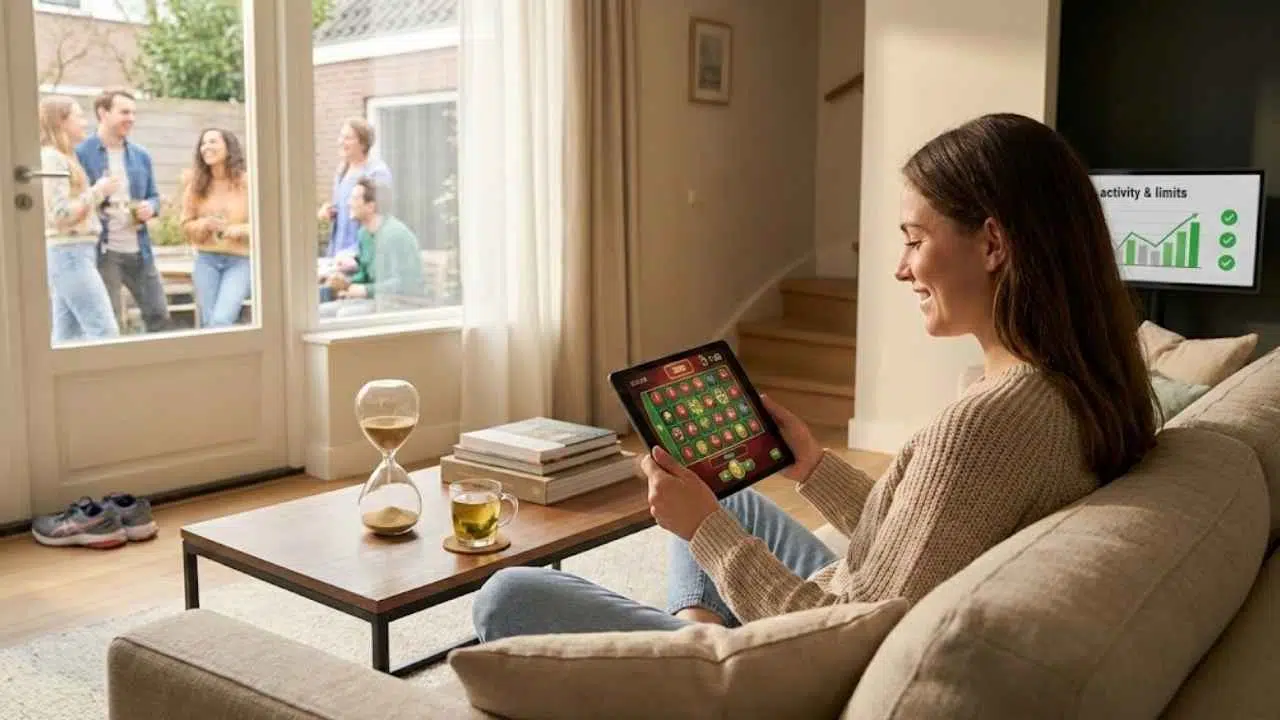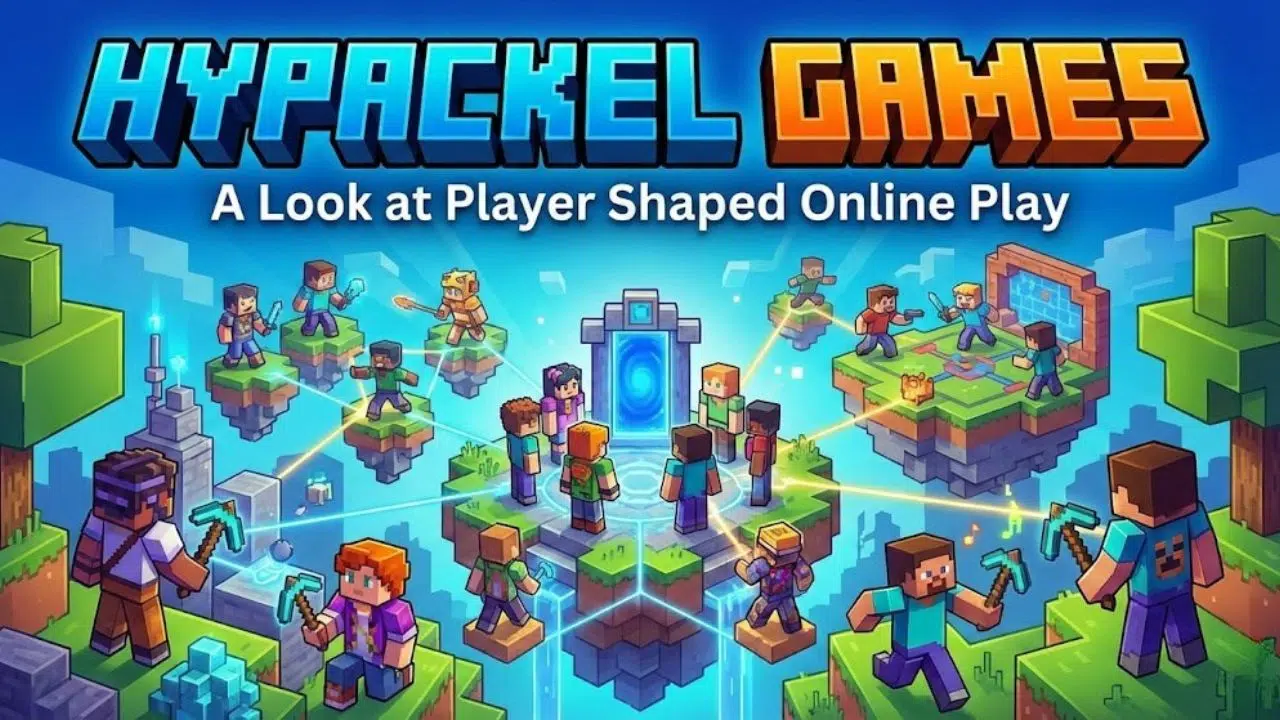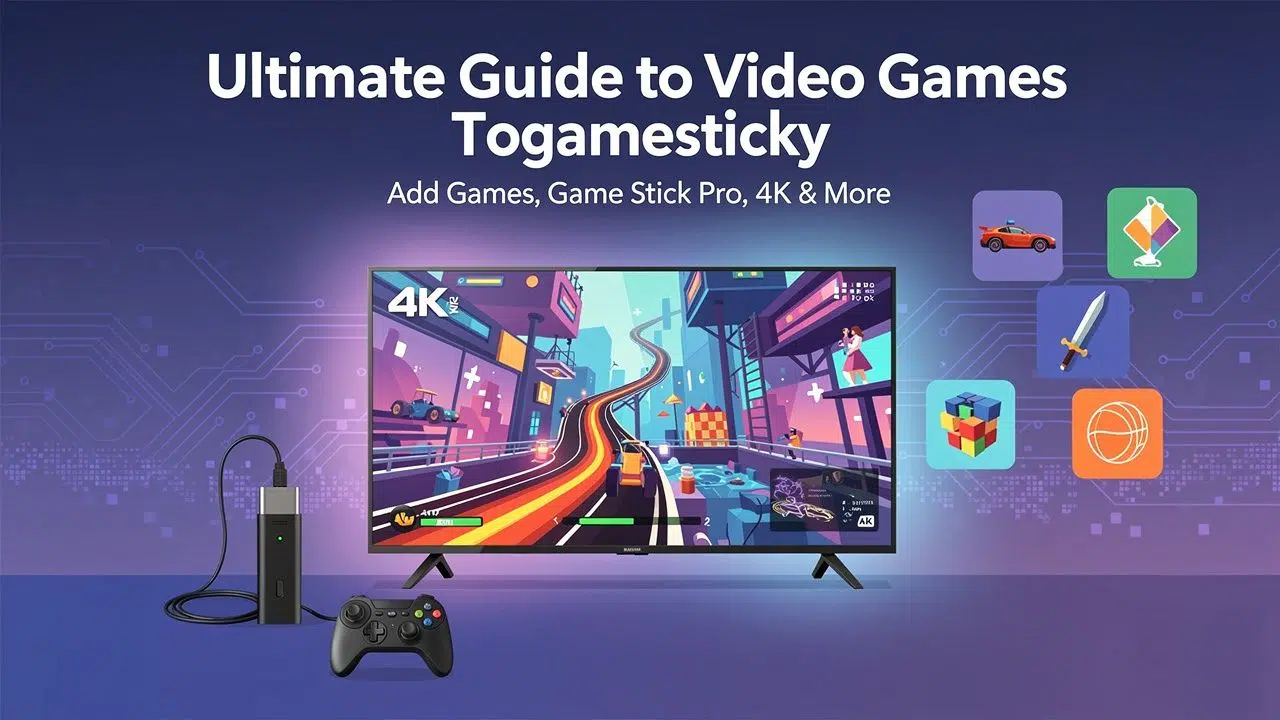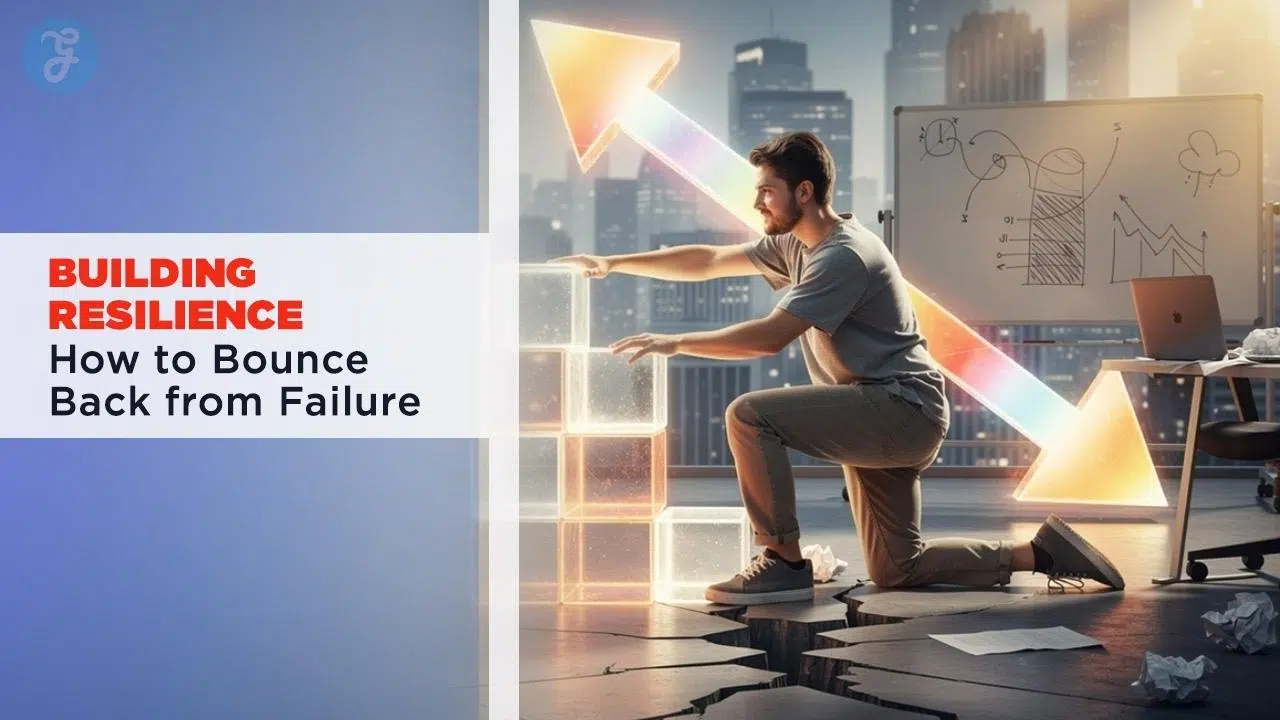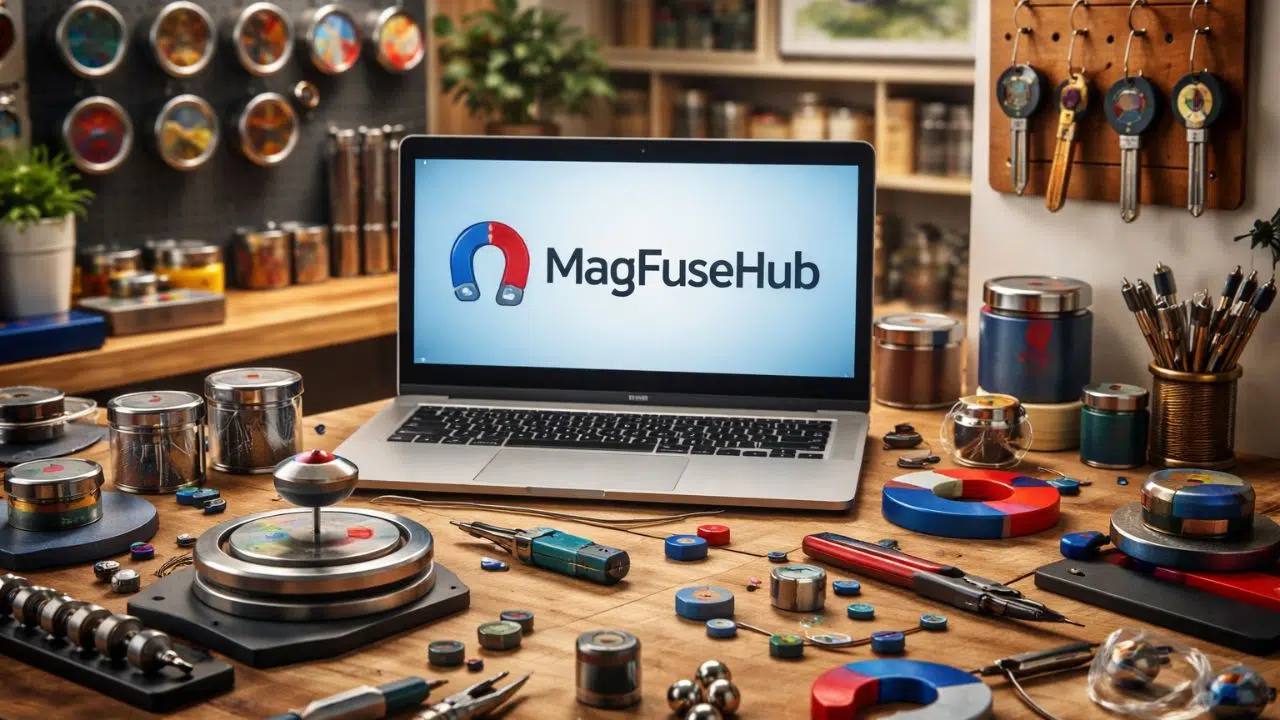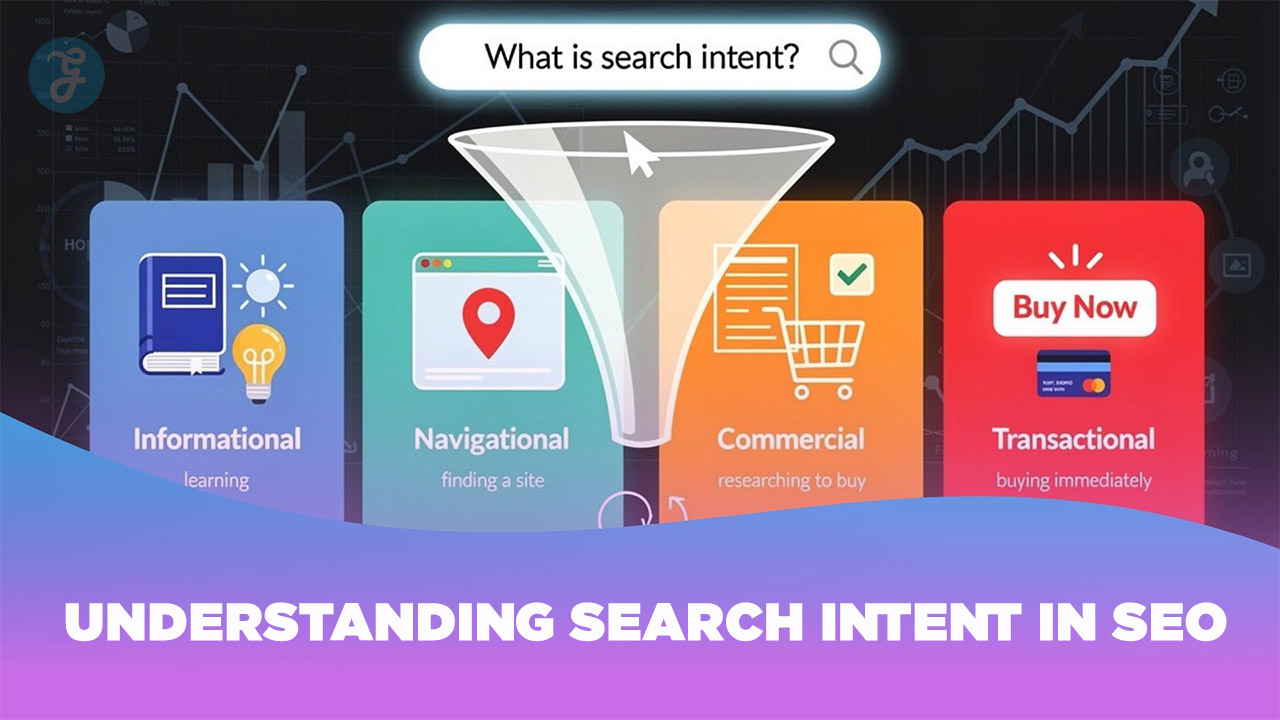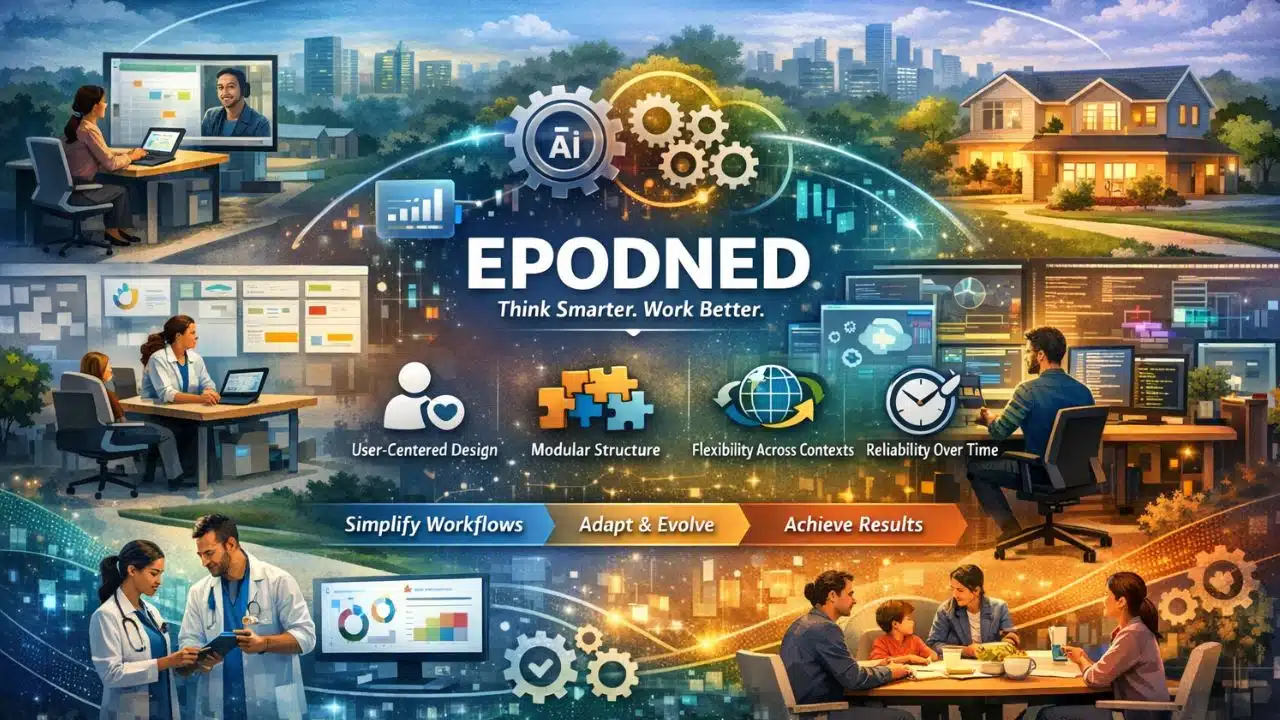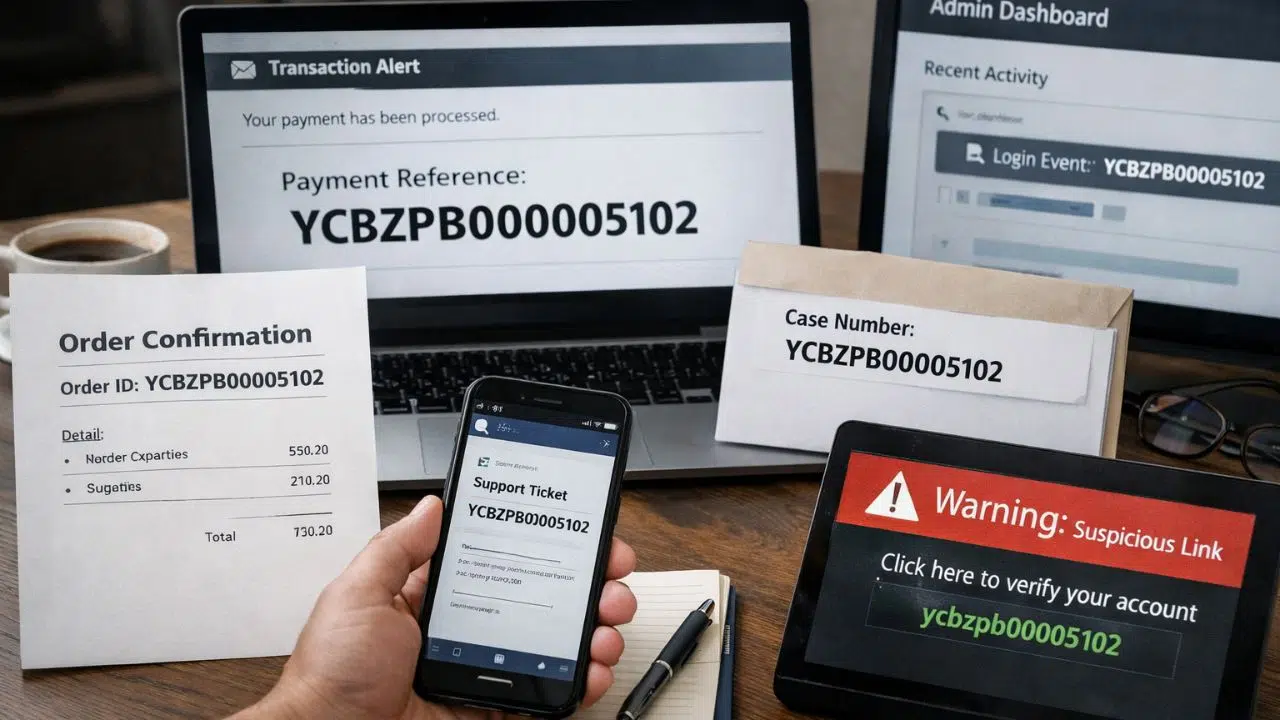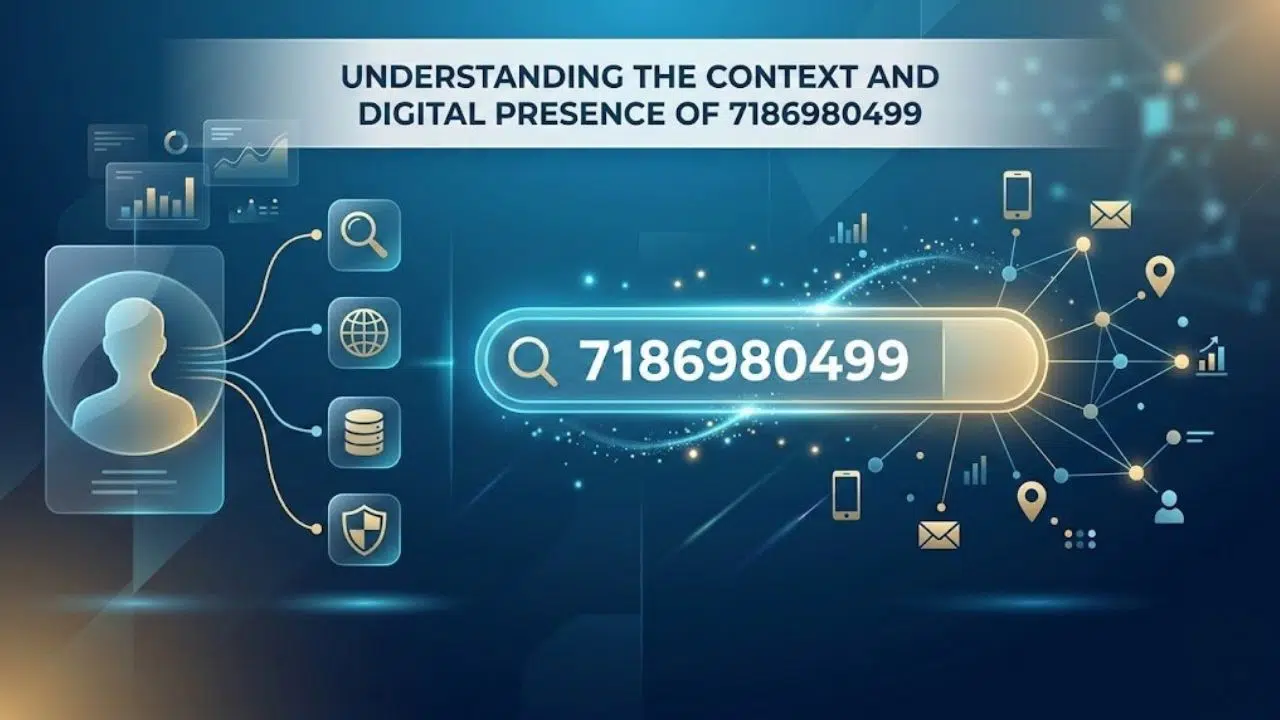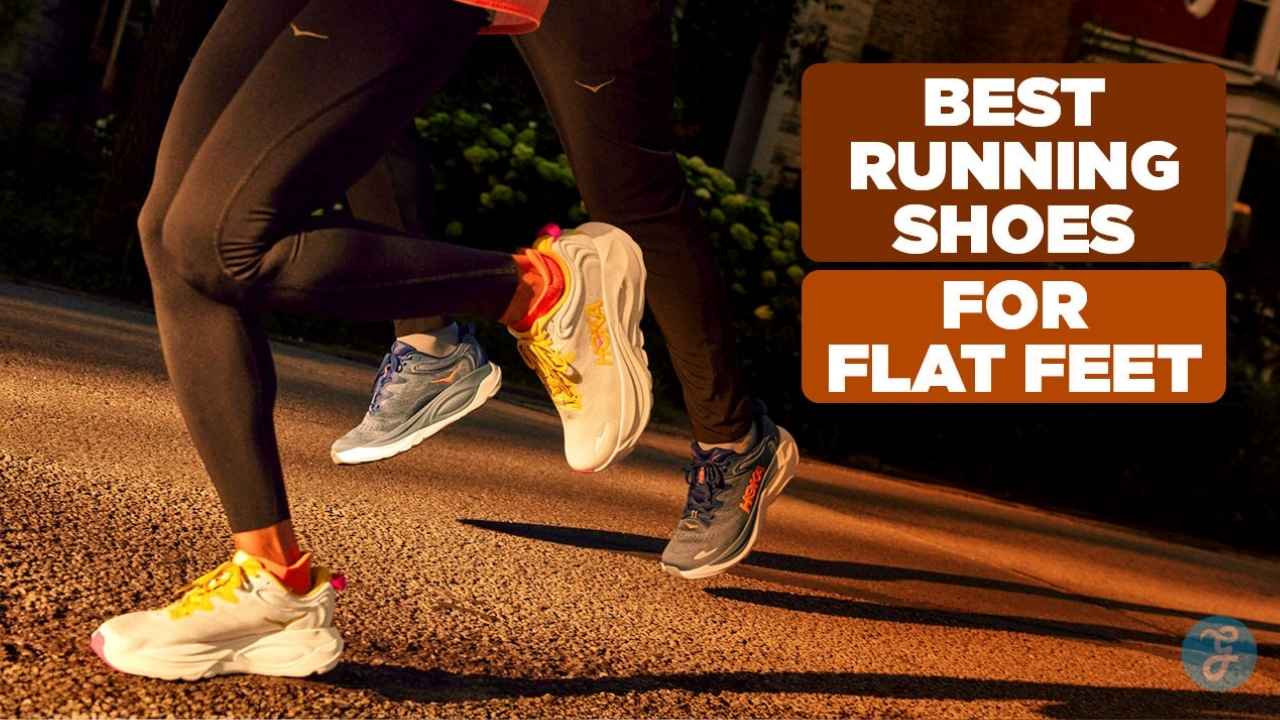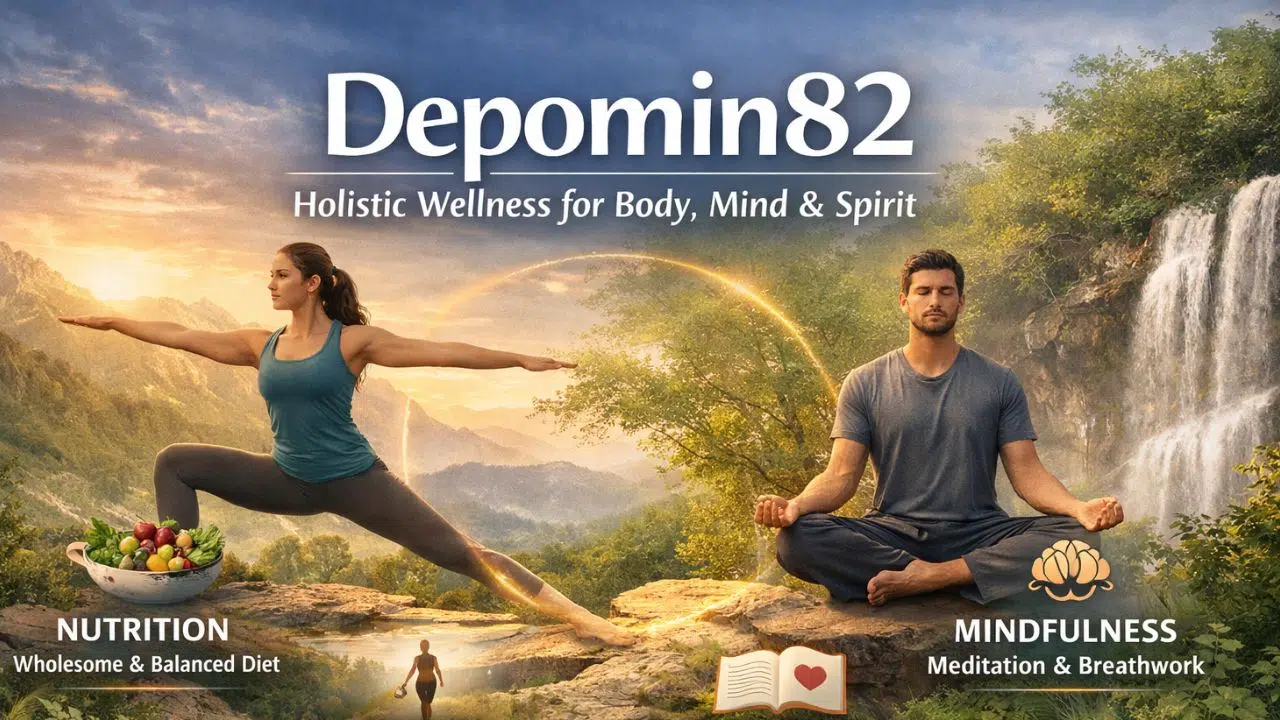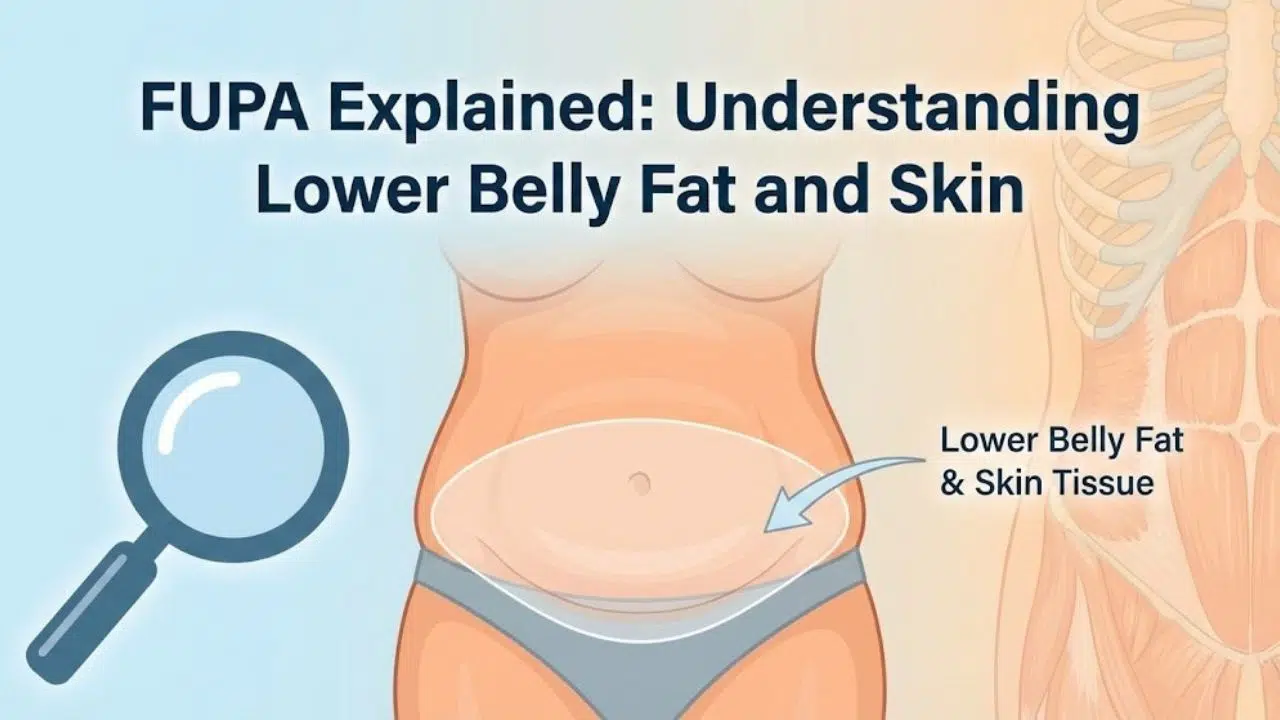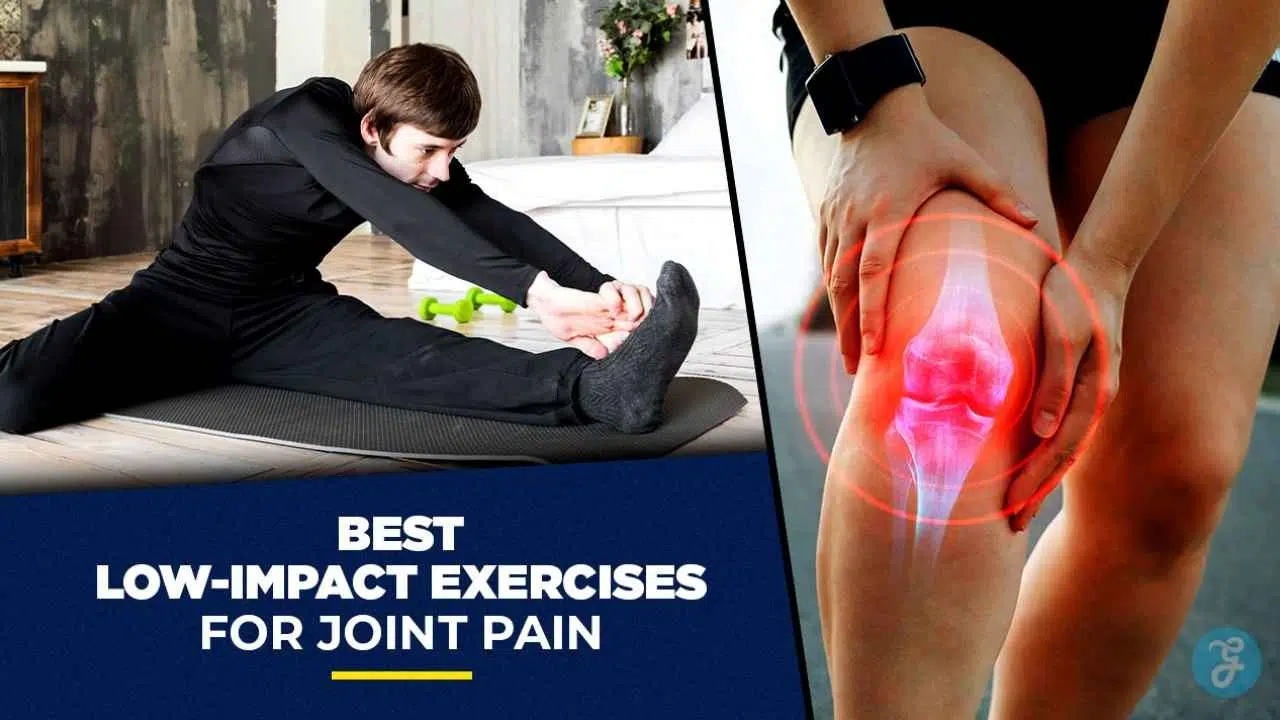Minimalism is more than just a trend—it’s a lifestyle that emphasizes living with less to create more space, freedom, and clarity in life.
Adopting a minimalist approach can help declutter not only your physical environment but also your mind, reducing stress and promoting mental well-being.
When you simplify your surroundings, you naturally simplify your life, allowing you to focus on what truly matters.
In this detailed guide, we will explore 10 minimalist lifestyle tips that can help you declutter both your home and mind, creating a more peaceful and intentional life.
1. Start with One Area at a Time
Why It’s Important:
Decluttering can feel overwhelming if you try to tackle your entire home or life all at once.
Starting small and focusing on one area at a time helps break down the process into manageable steps, making it easier to stay motivated and avoid burnout.
How to Do It:
- Choose a room or category:
Begin with a specific area of your home, such as your bedroom, kitchen, or a specific category like clothing or books.
This allows you to concentrate your efforts on a single task.
- Set small goals:
Create small, achievable goals for each area you tackle.
For example, “declutter one drawer a day” or “sort through five items of clothing.”
- Use the one-month rule:
If you haven’t used or worn an item in the last month, consider whether you truly need it.
This can help you make quicker decisions when deciding what to keep.
Benefit:
By focusing on one area at a time, you make the process of decluttering less overwhelming and more manageable, helping you build momentum toward a more minimalist lifestyle.
2. Implement the “One In, One Out” Rule
Why It’s Important:
Accumulating items over time can lead to clutter, even if you’re mindful of what you buy.
The “one in, one out” rule helps you maintain balance by ensuring that for every new item you bring into your home, something else is removed.
How to Do It:
- Apply it to every category:
Whether it’s clothes, kitchen gadgets, or books, whenever you purchase a new item, commit to removing one similar item from your home.
- Stay disciplined:
Stick to the rule, even when it’s tempting to hold on to things.
This keeps your space clutter-free and prevents unnecessary accumulation of possessions.
- Consider donating or recycling:
When you remove an item, consider donating it to charity or recycling it, rather than simply throwing it away.
This promotes a more sustainable lifestyle.
Benefit:
The “one in, one out” rule helps prevent clutter from building up, ensuring your home stays organized while encouraging mindful consumption and reducing waste.
3. Declutter Sentimental Items Gradually
Why It’s Important:
Sentimental items are often the most challenging things to declutter because they hold emotional value.
However, keeping too many sentimental items can create clutter and make it harder to let go.
Decluttering these items gradually can help you release the physical weight while preserving the memories.
How to Do It:
- Start with less emotional items:
Begin with sentimental items that don’t have deep emotional ties, such as old greeting cards or unused gifts.
Once you feel more comfortable, move on to items with more meaning.
- Take photos:
If letting go of a sentimental item feels too difficult, consider taking a photograph of it.
This allows you to keep the memory without holding onto the physical item.
- Keep a few special pieces:
You don’t need to get rid of everything.
Select a few meaningful items to display or store in a memory box, but limit yourself to a small number.
Benefit:
Decluttering sentimental items gradually allows you to keep important memories while freeing up space and letting go of unnecessary emotional baggage.
4. Digitize Paperwork and Photos
Why It’s Important:
Physical paperwork, receipts, and printed photos can take up a significant amount of space in your home and create unnecessary clutter.
By digitizing these items, you can organize and store them efficiently, reducing physical clutter while keeping important documents accessible.
How to Do It:
- Use scanning apps:
Scan important paperwork, receipts, and photos using apps like Adobe Scan or Evernote.
Store these files digitally in organized folders on your computer or cloud storage.
- Back up regularly:
Ensure that your digital files are backed up to prevent the loss of important documents.
Use cloud storage services like Google Drive, iCloud, or Dropbox to keep your files safe and accessible.
- Shred or recycle:
Once your documents are digitized, shred any sensitive paperwork and recycle the rest.
This reduces the amount of paper clutter in your home.
Benefit:
Digitizing paperwork and photos helps you reduce clutter, stay organized, and easily access important documents without the need for physical storage space.
5. Simplify Your Wardrobe with a Capsule Collection
Why It’s Important:
A cluttered wardrobe can make getting dressed stressful and time-consuming.
A capsule wardrobe—a curated collection of essential clothing items—allows you to simplify your choices and focus on pieces that you truly love and wear regularly.
How to Do It:
- Start by decluttering:
Remove any clothing that you haven’t worn in the last six months, doesn’t fit, or no longer suits your style.
Donate, sell, or recycle these items.
- Create a core wardrobe:
Select a few versatile, high-quality pieces that can be mixed and matched.
Stick to a neutral color palette for easy coordination.
- Focus on quality over quantity:
Invest in timeless, durable pieces that will last longer and serve multiple purposes, rather than trendy items that quickly go out of style.
Benefit:
A simplified wardrobe reduces decision fatigue, making it easier to get dressed in the morning while saving space and promoting a more intentional approach to fashion.
6. Reduce Digital Clutter
Why It’s Important:
Digital clutter can be just as overwhelming as physical clutter.
From overflowing inboxes to disorganized files and apps, digital chaos can make it harder to focus and be productive.
Decluttering your digital life helps streamline your online experience and reduces mental overload.
How to Do It:
- Organize your files:
Create folders and subfolders to categorize your digital files, photos, and documents. Regularly delete old or unnecessary files to keep your devices clutter-free.
- Clean up your inbox:
Unsubscribe from email lists that no longer serve you, delete old emails, and organize important messages into labeled folders.
- Limit social media and app usage:
Declutter your phone by deleting apps you no longer use, and reduce the time spent on social media by setting screen time limits or using focus apps.
Benefit:
Reducing digital clutter improves productivity, decreases distractions, and creates a more streamlined and efficient digital environment.
7. Adopt a Minimalist Approach to Decor
Why It’s Important:
Home decor can often become cluttered with too many items that serve little purpose.
A minimalist approach to decor focuses on simplicity and intentionality, allowing you to create a calming and aesthetically pleasing space that feels open and uncluttered.
How to Do It:
- Limit decorative items:
Choose a few key pieces that reflect your personal style and complement the space.
Avoid overcrowding shelves, tables, and walls with unnecessary items.
- Prioritize functionality:
Opt for decor that serves a practical purpose, such as functional furniture, lighting, or storage solutions that enhance the space without adding clutter.
- Embrace negative space:
Leave plenty of open space in your rooms to create a sense of calm and openness.
Negative space can make your home feel larger and more peaceful.
Benefit:
Minimalist decor creates a serene and clutter-free environment that promotes relaxation, focus, and mental clarity, while enhancing the overall aesthetic of your home.
8. Be Mindful of Purchases
Why It’s Important:
One of the main causes of clutter is the accumulation of unnecessary items.
Being mindful of your purchases helps you avoid impulse buying and ensures that the items you bring into your home serve a purpose and add value to your life.
How to Do It:
- Follow the 30-day rule:
When you’re considering purchasing a new item, wait 30 days before making the final decision.
This helps reduce impulse buys and ensures that you truly need or want the item.
- Ask key questions:
Before making a purchase, ask yourself if the item is necessary, if you have space for it, and how often you’ll use it.
If it doesn’t add value or serve a purpose, reconsider buying it.
- Focus on quality:
Invest in fewer, higher-quality items that will last longer and serve multiple functions, rather than accumulating inexpensive, disposable items.
Benefit:
Being mindful of your purchases helps prevent clutter from building up, saves money, and encourages a more intentional, minimalist approach to consumption.
9. Schedule Regular Decluttering Sessions
Why It’s Important:
Clutter has a way of creeping back into your life over time, even after a major decluttering session.
Regularly scheduling decluttering sessions helps you stay on top of clutter and maintain a minimalist lifestyle without letting things get out of hand.
How to Do It:
- Set a routine:
Plan to declutter specific areas of your home on a weekly, monthly, or seasonal basis.
For example, clean out your closet every three months or declutter your kitchen once a month.
- Use the “15-minute rule”:
Set a timer for 15 minutes each day to declutter a small area.
Whether it’s a desk drawer or your email inbox, small daily actions can prevent clutter from accumulating.
- Evaluate your belongings:
Regularly assess your possessions and let go of items that no longer serve a purpose, bring joy, or fit into your lifestyle.
Benefit:
Regular decluttering sessions help you stay organized, maintain a minimalist space, and prevent clutter from building up over time, leading to a more peaceful and stress-free environment.
10. Practice Mindfulness and Gratitude
Why It’s Important:
Minimalism isn’t just about decluttering your physical space; it’s also about clearing mental clutter and living with intention.
Practicing mindfulness and gratitude can help you focus on the present moment, appreciate what you have, and reduce the desire for more material possessions.
How to Do It:
- Mindful consumption:
Before making a purchase, reflect on whether the item will truly add value to your life.
Consider whether it will contribute to your happiness or if it’s simply a fleeting desire.
- Daily gratitude practice:
Take a few moments each day to express gratitude for what you already have.
This can be as simple as appreciating a comfortable home, a favorite item, or a meaningful experience.
- Simplify your routines:
Incorporate mindfulness into your daily routines by focusing on one task at a time and avoiding multitasking.
This helps reduce mental clutter and increases focus and clarity.
Benefit:
Practicing mindfulness and gratitude encourages a minimalist mindset, helping you find contentment in simplicity and reducing the need for unnecessary possessions or distractions.
Conclusion
Embracing a minimalist lifestyle can lead to profound changes in both your physical environment and your mental well-being.
By decluttering your home and simplifying your possessions, you create a more organized and peaceful space, allowing your mind to feel clearer and more focused.
These 10 minimalist lifestyle tips provide practical strategies for reducing clutter and fostering a more intentional, simplified way of living.
Whether you’re just starting your minimalist journey or looking to refine your approach, these tips can help you create a home and mind free of distractions, enabling you to focus on what truly matters in life.


